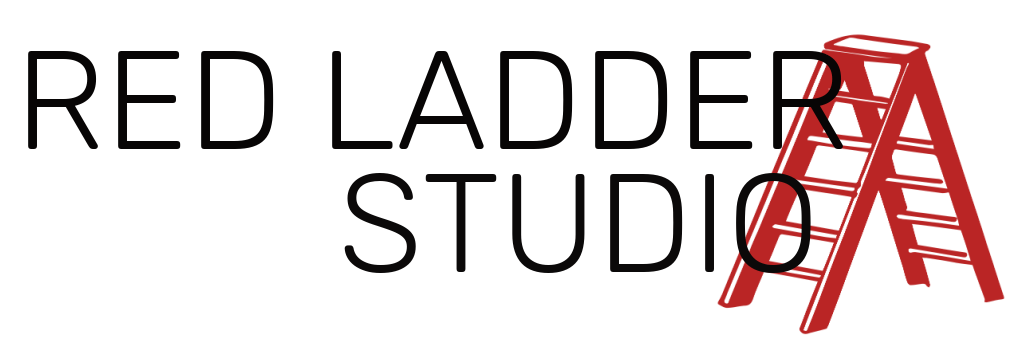Placefulness
How grounded are you in your actual sensory reality?
When you are home, take a moment to answer these questions:
What direction are you facing?
What is under your feet? What kind of geology?
How would this place have looked 50 years ago?
Can you name the trees and plants around you?
When did you last touch the ground with any part of your body?
Imagine your parents answering these questions. Would they be more or less grounded in the sensory reality of where they live and in its history?
How about your children, the next generation?
“Against the placelessness of an optimised life spent online, I want to argue for a new ‘placefulness’ that yields sensitivity and responsibility to the historical (what happened here) and the ecological (who and what lives, or lived, here). ”
I came across the term ‘placefulness’ in Jenny Odell’s book, How to do Nothing. Its subtitle is ‘resisting the attention economy’ and in it she suggests we could reclaim some of our attention from the online world and invest it instead in the actual world where we live. She calls this ‘placefulness’.
Jon Kabat-Zinn defines mindfulness as paying attention, on purpose, in the present moment and non-judgementally. Perhaps placefulness is similar, paying attention, on purpose, in the present moment, to the places we are in.
Like many of you, I’ve been meeting people online much more during the pandemic. I think we’ve all recognised some of what’s missing from those meetings. There’s touch, a handshake or a hug. We’ve missed body language. And being able to give someone ‘a look’ in a meeting, sharing a private joke.
Something else has been missing. What David Abrams calls a ‘shared sensory reality’. We are not in the same place, experiencing the same sights, the same sounds.
When we meet in real life, that meeting has a context. It could be in an overheated office with strong coffee and the sound of people working around us, or it could be on a bench in the park sharing a bag of plums. In real life, we share roughly the same ‘sensory reality’.
“Context is everything”
Context is everything, as the quote goes. Context literally means ‘with text’, with all the information that surrounds what is happening.
These days, we have an abundance of information about the whole world. But do we know the name of the tree outside our house?
I sometimes think as meditators we approach the world more like artists, less concerned with naming the tree and more with noticing how at this time of year, day by day, the leaves are turning from orange to red.
Does more information about the place we find ourselves in lead to more intimacy with that place? Or could it alienate us from our more direct experience?
On holiday with my partner in the south of Sweden, we’d stand looking over the fence into someone’s garden for a good 10 minutes. There was so much to see. There was so much to see because we’re both gardeners, so what to another person might be ‘plants’, to us was 100s of different species.
Do you have more or less information than your parents and grandparents?
I have access to far more information than my parents and grandparents ever did. If I want to know how and when to prune my roses, I just type a request into my search engine and I get 7 million 380 thousand answers in 0.97 seconds from the ‘world wide web’.
My grandfather would have asked his neighbour. The information would be far less in quantity, but far more specific to the context. It would come from someone with the exact same climate and soil, often with the gift of a few scoops of ‘blood and bone’ thrown in to feed the roses.
To develop a sense of placefulness, we could choose one doorway into the place we live. For Jenny Odell it was ornithology. She got into watching the birds. But while watching the birds, she began to understand the landscapes in which they lived, so she got to know the plant life. Birds would arrive or leave in different seasons, so she became more attuned to changes in the weather. It turns out there’s another ‘world wide web’, it’s the way everything in the world connects.
Maybe this winter you could decide to become an ornithologist? Or an anthropologist, an entomologist, a bioecologist, a dendrologist, maybe a nephologist, or a petrologist!**
“It turns out that groundedness requires actual ground.”
Taking a walk around my neighbourhood, I’m always disappointed if it doesn’t include a couple of incidental chats with strangers. These almost always start with a comment about the weather, so remarkable weather leads to more encounters! The weather is our ‘shared sensory reality’.
So remember next time you find yourself chatting with a stranger about the weather, far from it being superficial, you are connecting around something real.
**
entomology - the study of insects
anthropology - the study of humans
bioecology - the study of the interaction of life in the environment
dendrology - the study of trees
nephology - the study of clouds
petrology - the study of rocks and the conditions by which they form


